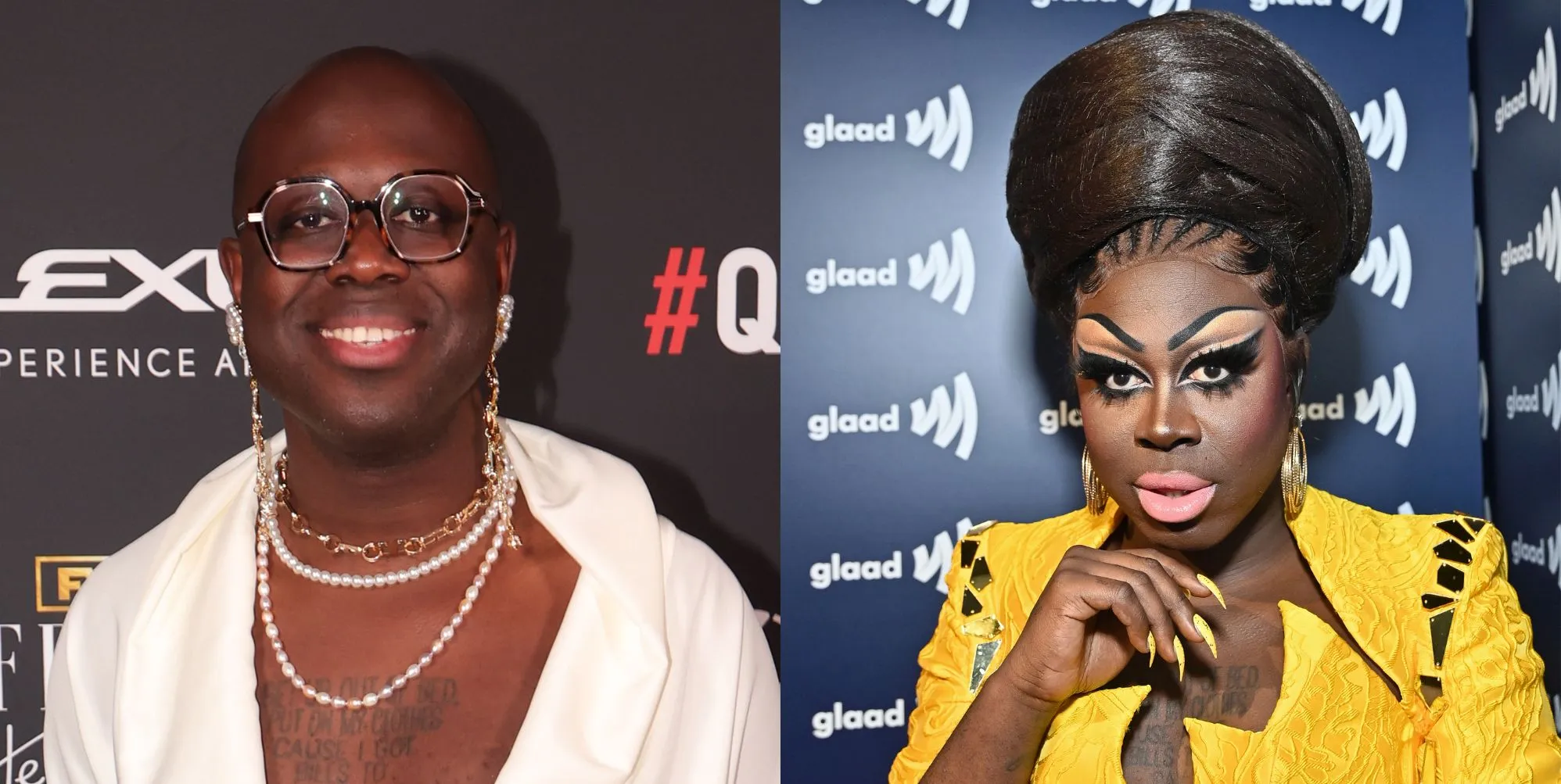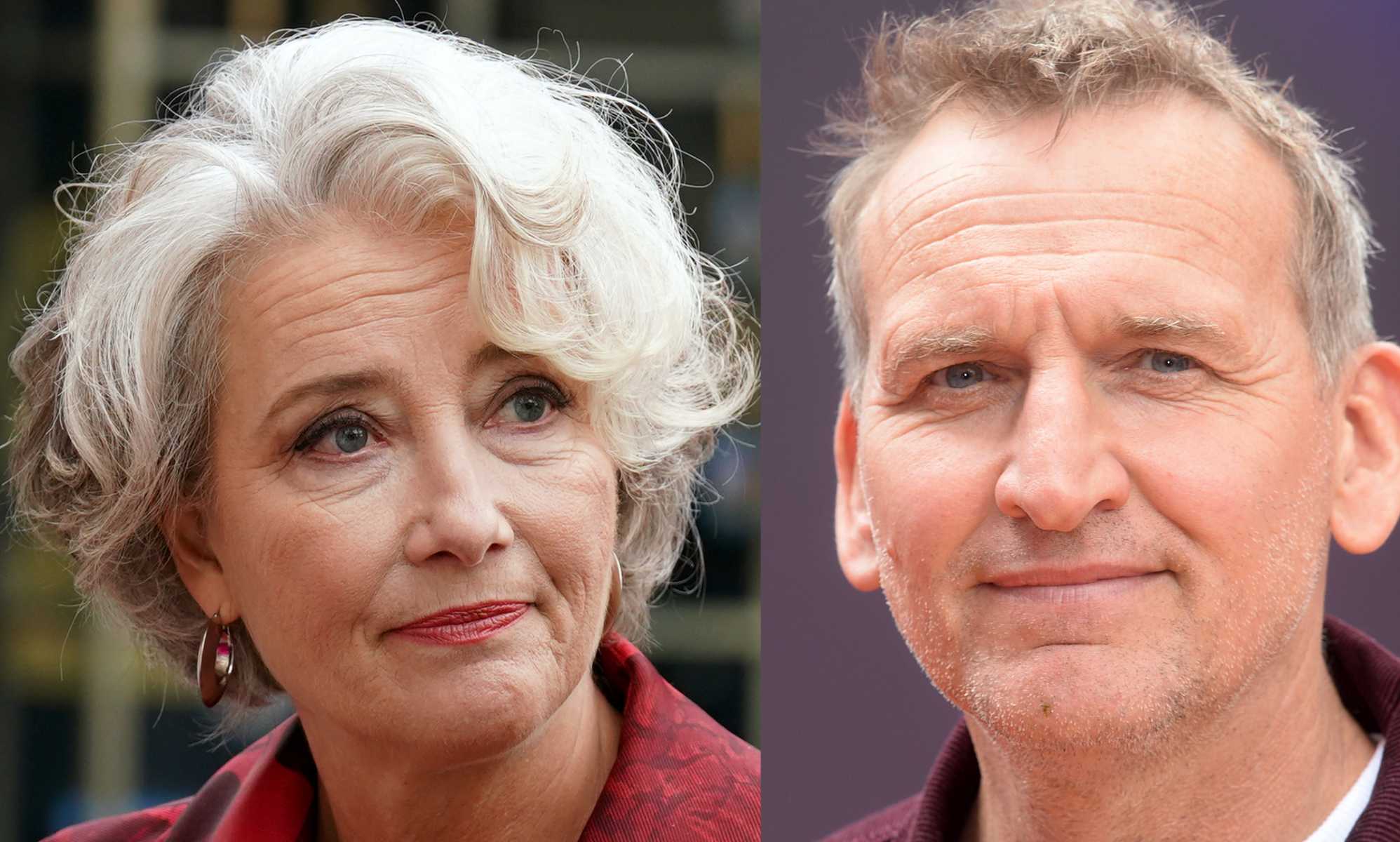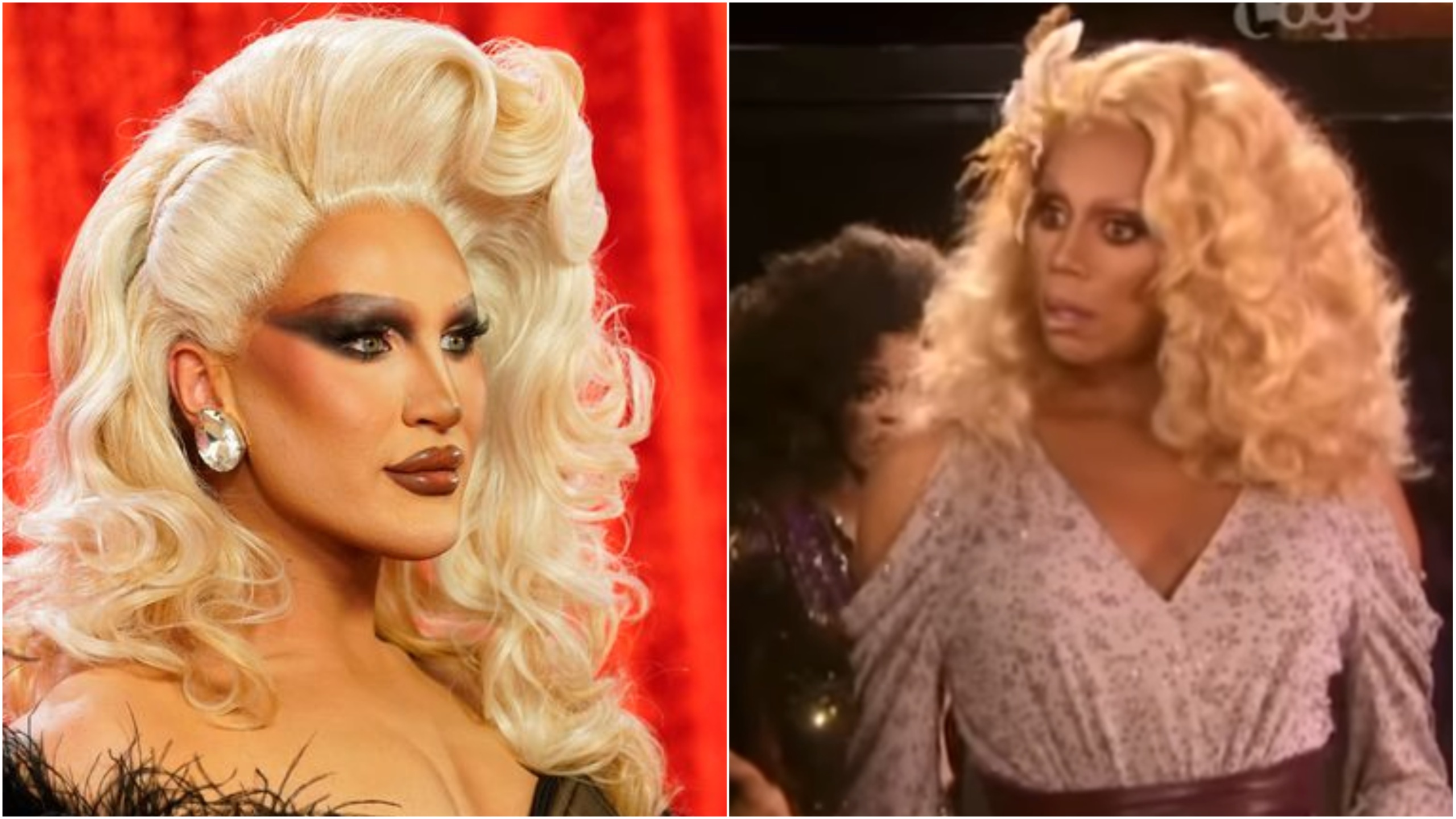Our Wives Under the Sea author Julia Armfield teases new novel
Acclaimed author and Polari Prize winner Julia Armfield has spoken to PinkNews about LGBTQ+ censorship, sapphic yearning and her award-winning novel, Our Wives Under the Sea.
Armfield was named joint winner of the LGBTQ+ literary Polari Prize alongside Jon Ransom, who was honoured for his novel The Whale Tattoo.
The annual awards ceremony celebrates the UK’s best queer literature over the past year, bringing together the brightest LGBTQ+ authors of today.
Our Wives Under the Sea – Armfield’s debut novel after her collection of short stories Salt Slow in 2019 – follows Leah, a deep-sea diver who unexpectedly survives a submarine disaster, but finds that when she returns home to her wife Miri, she is inexplicably changed.
Polari Prize judge and former winner Joelle Taylor, praised the the novel as a “strange, speculative, poetic and thrilling novel – a heart-turner as much as a page-turner.”
We caught up with Julia Armfield to find out more about the acclaimed queer work and what’s in store for readers when her next novel, Private Rites, is released in 2024.
PinkNews: How does it feel to win the Polari Prize?
Julia Armfield: Really good. When they announced my name, I had to make a speech and I [sort of] blacked out. I don’t remember a single thing I said.
It really is different when it’s a prize from your people [the LGBTQ+ community]. It was really good to be recognised among all these books that I just absolutely love, really cool.
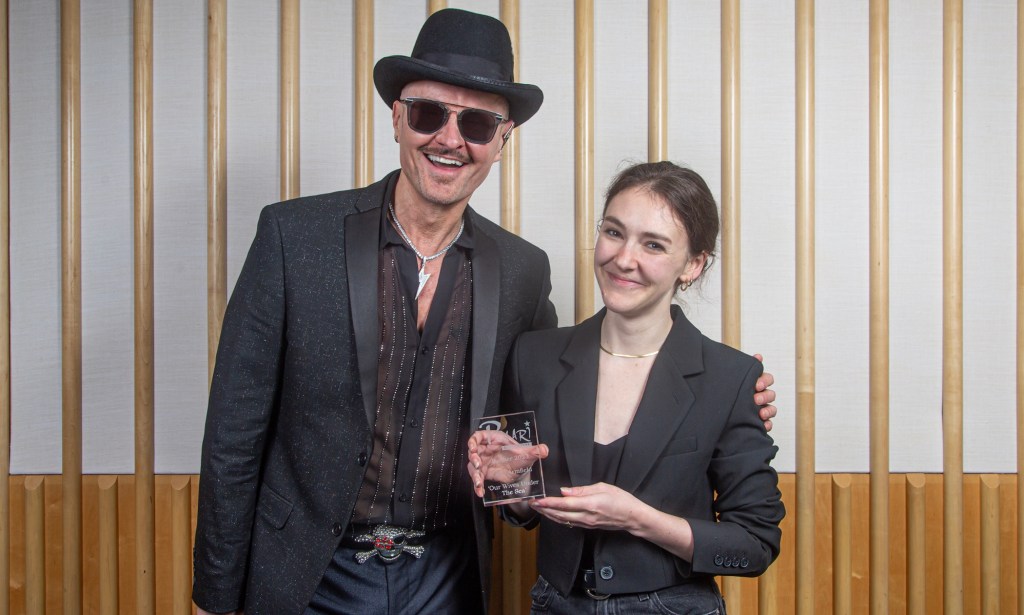
During a year filled with the censorship of LGBTQ+ books, why is championing queer literature so important?
It’s the most important thing, honestly. When you write, you write for everyone, but you also write for your friends. I’m writing for my friends who are, by and large, queer people, so it’s always feels good to have that recognised in a wider sphere.
More so even than a few years ago, it’s crucial for us, as queer people, as trans people, as non-binary people, to have a space that is ours, and to have a space where we can support and love one another.
It’s important for us to be making as much noise as possible and for us to lift one another up, given that, increasingly, nobody else will.
What was the inspiration behind Our Wives Under the Sea?
I am very aware of the fact that I keep writing really wet books. I started looking [into it] and realised so many inspirational texts for me about lesbians and queer women actually involve the sea in strange ways. [Many of Fingersmith author] Sarah Walters’ [novels] are set by the sea [or water]. There are [films] such as Portrait of a Lady on Fire [and] My Summer of Love.
The sea [is] one thing on the surface and something else underneath. That spoke very eloquently to me about the inherently queer nature of being different things to different people. It was a very useful medium for me to write about the changeability of being a queer woman and the transitional space of the sea.
In Our Wives Under the Sea, the horror and romance sprang from the same core. They’re both about fear of loss and fear of death at opposite ends of the horseshoe.
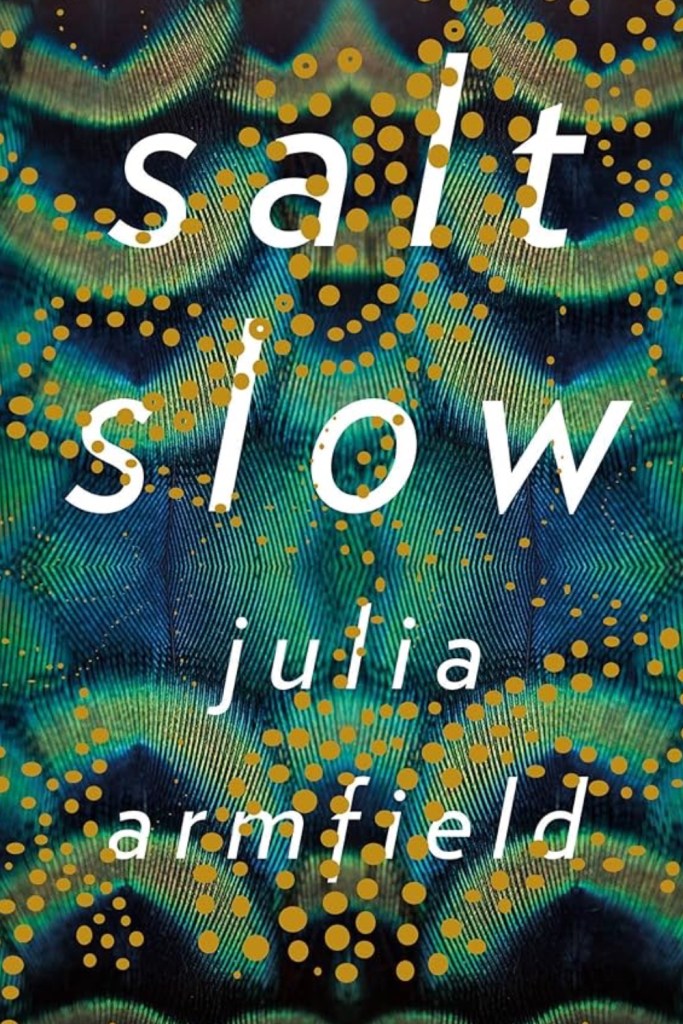
How does focusing on a lesbian couple in your romance affect your approach?
A friend of mine once said [about Our Wives]: “It’s so universal.” That was really kind but the point of it is that they are lesbians. You could not transpose this into a different situation. It’s a cosmic horror novel but it’s also about the bureaucracy of dealing with an ill partner.
It’s to do with grief, with existing in the world in a lesbian relationship. How will the medical context affect you? How will other people treat you? Are your parents there? How are you living together? I wanted to show that.
The novel is [also] very sad but [them] being queer is not the reason [for that]. I wanted there to be queer joy within it. I wanted the relationship itself and the love itself to be a nexus of joy for them [in the midst of sadness]. I really, really resent the idea that, as a queer person, I should feel pressured to write a happy ending. That’s not what I feel at all.
What was your reaction to the book’s success?
Anytime I’m doing an event and somebody comes up to me afterwards, particularly young people, [and says]: “I’m queer and this meant something to me”, that’s helped me. When you’re writing, you never think of people actually reading the novel. At least I don’t. So that’s been really good.
This has been a standout year for sapphic literature. Do you think the industry is changing?
The more there is, the more there is. We’ve always been here. I think every generation of writers, and every generation of readers, thinks they’re coming upon something else. But actually there is so much lesbian fiction out there already.
Can you tell us a bit about your next book, Private Rites, and what people can expect?
It’s about three queer sisters, at the end of the world. I’ve been calling it ‘lesbian King Lear‘. It’s about a very mundane apocalypse [where] it’s been raining for a long time. Systems and society are crumbling in a piece-by-piece way that I think things actually fall apart.
I wanted to write about what I expect will be the sheer mundanity of the end of the world, where everything will be terrible and you’ll still be getting an email from your boss being like: “Come in if you can, we’ve got everyone a SAD [seasonal affected disorder] lamp”, because that’s how I think things will be.
I wanted to write about how people retain humanity, love and grief when everything is ending.
Our Wives Under the Sea is available to buy now.

